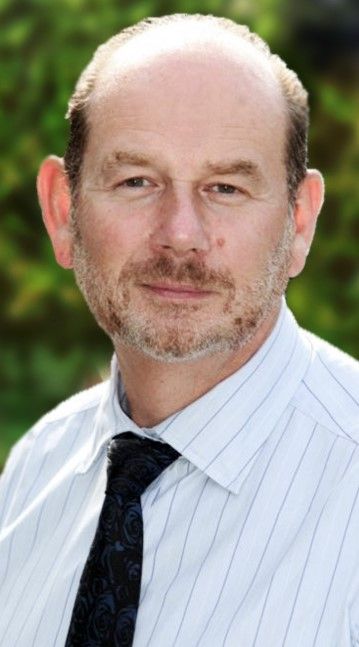Covid-19 underscores media’s responsibilities when ‘the first casualty of war is truth’
By Ian Murray, Executive Director, Society of Editors, UK
‘The first casualty of war is truth’
Whether that saying can be attributed to US politician Senator Hiram Warren Johnson in 1918, or Dr Samuel Johnson in 1758, or even the ancient Greek dramatist Aeschylus around 550 BC, the quote would appear to accurately recognise the challenge facing the media during the current Covid-19 crisis.
Labelled as a war against the Coronavirus, the current emergency has underscored the need for the media to play its part in both projecting the official messages to enable the public to stay safe, and defeat the legions of fake news, disinformation and speculation.
For the media that is not always an easy task. It is the role of the press in a free, liberal society to challenge those in authority. To do this in peacetime is welcomed by almost all. To do so at times of crisis runs the risk of being labelled part of the problem and not the solution.
The dilemma then for the media is how to turn the spotlight on real areas of concern – the lack of Personal Protection Equipment (PPE) for emergency services, delays in testing, support for those facing economic hardship – without stoking the flames of discontent, fear and apprehension especially amongst those who are already vulnerable.
To achieve this balancing act, each editor and newsroom needs to constantly question their approach. Dig too little and when problems arise the public will accuse the media of being in league with those failing them. Dig too hard and the public will see disloyalty or, worse, lose confidence in authority and take matters into their own hands.
And there is the added concern that if the media appear to those in authority to be off-message then there’s the risk of draconian methods to bring them into line as has happened in Hungary and other states where failure to conform brings the threat of closure and even prison.
While in the UK, the freedom of the press does not, so far, appear at risk and government is turning its ire against the digital social media platforms, we need be careful not to lower our guard. Liberal societies do not give up their freedoms easily, except during times of crisis when the call to act ‘in the common good’ finds favour over individual liberties.
Aeschylus knew a thing or two about such times as these. He was after all the creator of the art we now recognise as the tragic drama.

Author photo